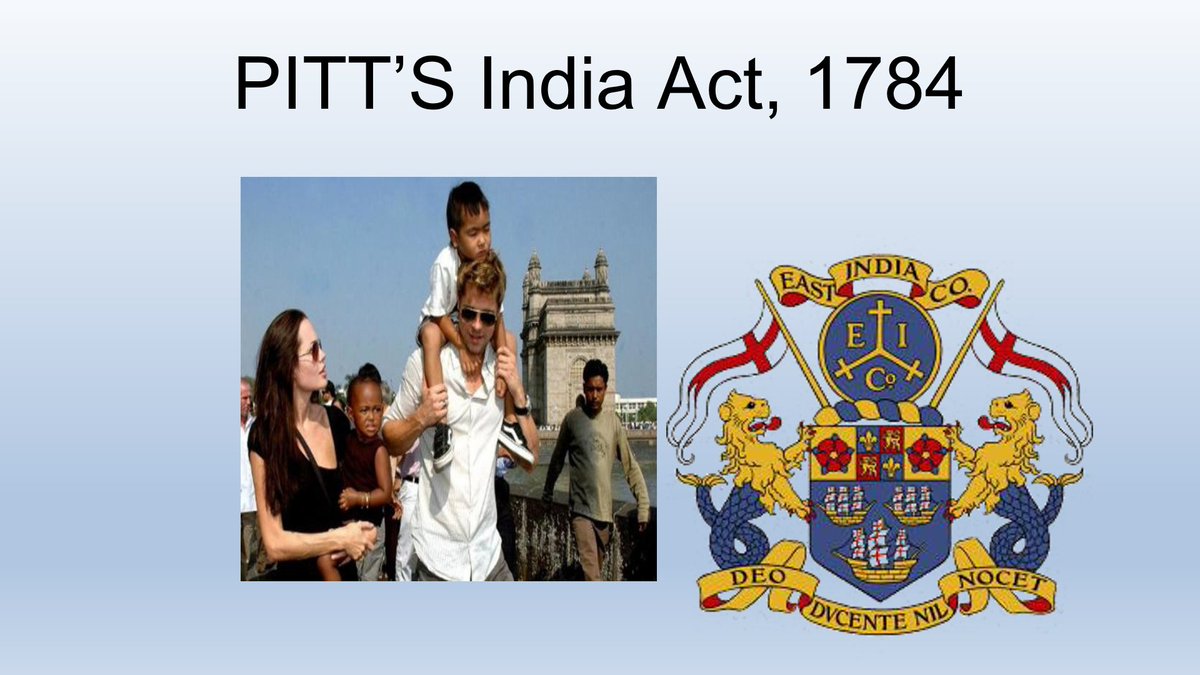Want to know how a new state forms in India ?
Let's examine.
1. Bill for this purpose shall be introduced in either House of Parliament on the recommendation of the President
Let's examine.
1. Bill for this purpose shall be introduced in either House of Parliament on the recommendation of the President

3. President may or may not accept the recommendations of the state legislature, their opinions are not BINDING. 

5. The bill after this is tabled into the next house (supposed if it is already passed in LS then it will now be tabled to RS or vice versa) and again it's passed with SIMPLE MAJORITY 

• • •
Missing some Tweet in this thread? You can try to
force a refresh






















